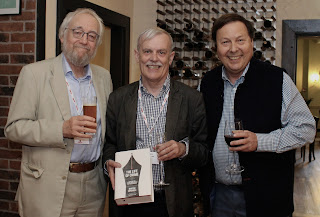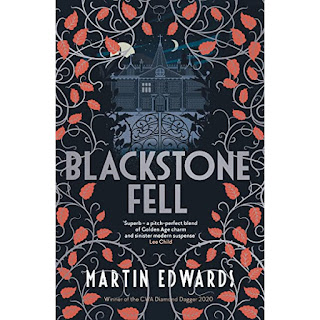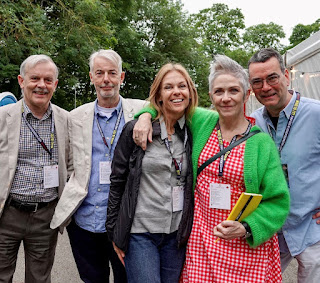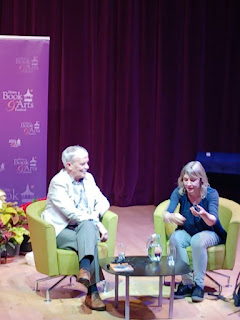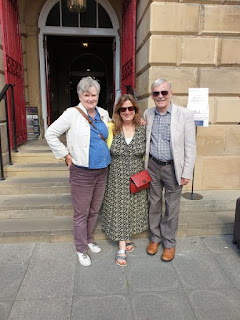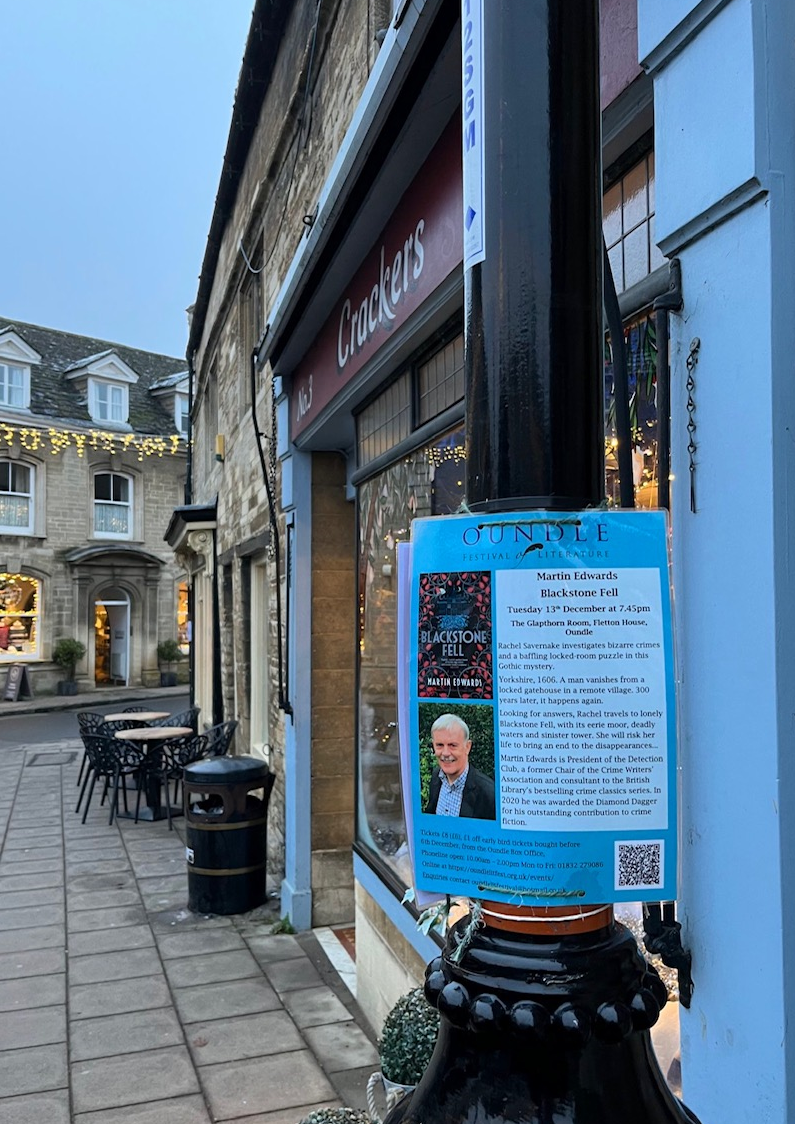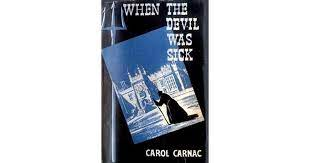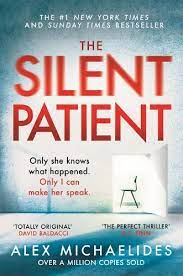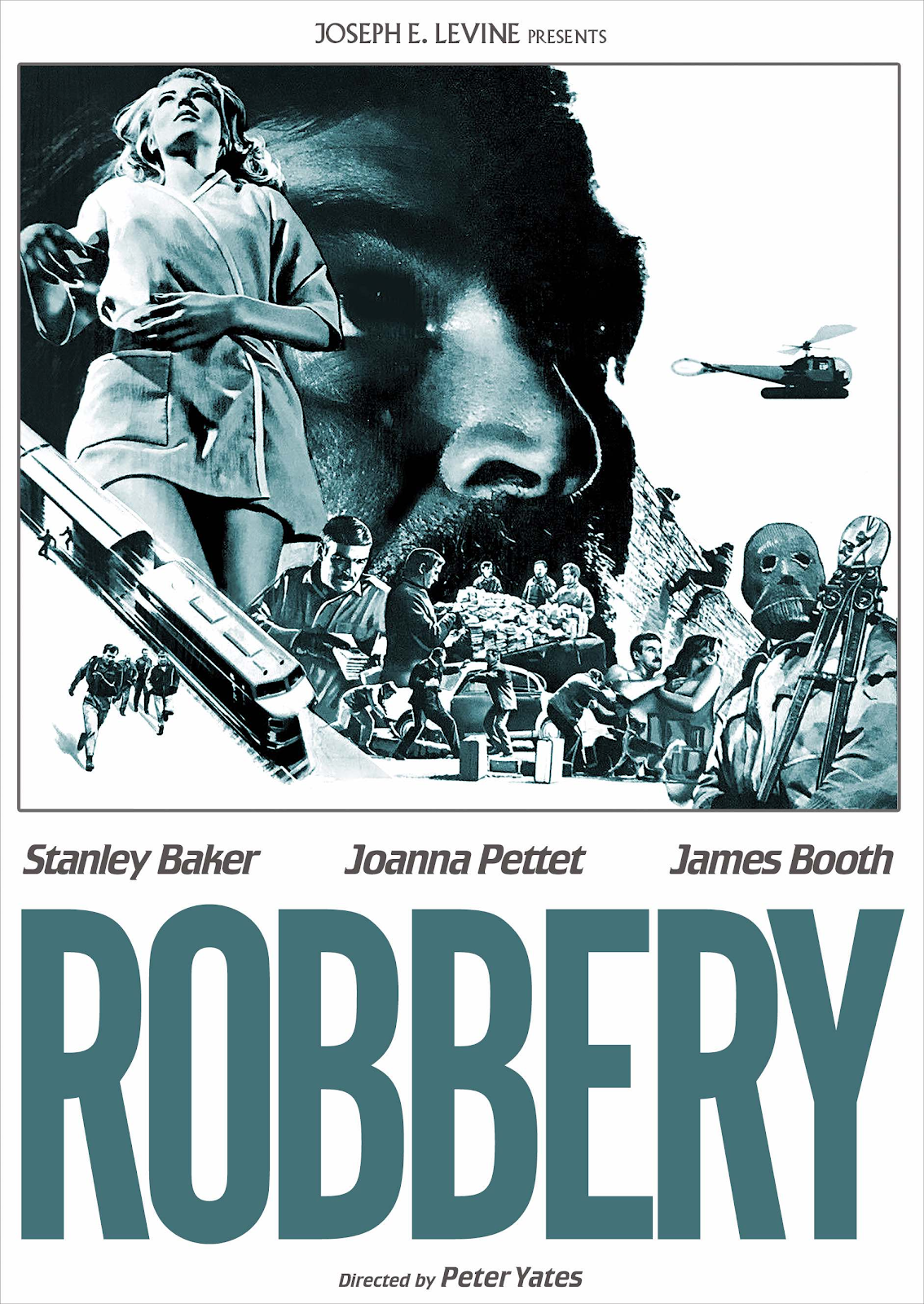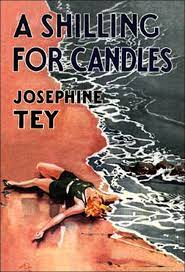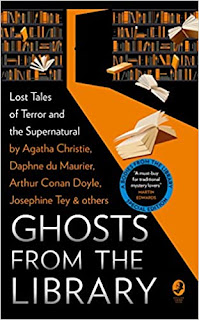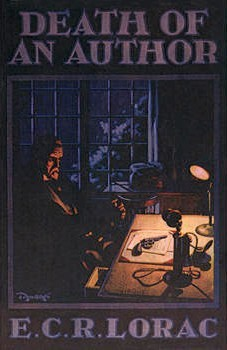So now the news is out. Last night Team Balliol were officially crowned series champions of Christmas University Challenge 2022, a brilliant way to end an incredible year. (as illustrated by the top photo, with my editor Laura Palmer, on the night I got the Diamond Dagger into my clutches at last!) I'll talk about the show a little more on another day, but right now I just want to reflect on the past twelve months. And first and foremost let me say how grateful I am to you, my readers, for supporting my books and this blog in the way you do. Last month, for instance, the blog had nearly 50,000 views, which must be about as high a figure as any during the past fifteen years. I'm motivated to keep going, and also to think about a new venture, a newsletter. So let me know if you're interested in that idea, and I'll give it more thought.
It was great finally to be awarded that Diamond Dagger in person (having had a lovely virtual presentation from Ann Cleeves during the height of the pandemic) at a glitzy ceremony in London. A wonderful night, in great company. That same week I returned to Balliol for my first ever Gaudy, and met some people I'd last seen as a student. Another terrific occasion.
I published several books and The Life of Crime has to take pride of place, simply because it represented so many years of work. I was thrilled by the reviews in The Times, The Spectator, The New York Times, The Washington Post and elsewhere - and also by the sales, which continue to be remarkably buoyant, especially bearing in mind that it's not the cheapest book.
I published a mystery map, This Deadly Isle, and edited three anthologies: Music of the Night, The Edinburgh Mystery, and Final Acts. The Crime Classics continue to prosper, and I also wrote a number of short stories, some of which have already been published and some of which will appear next year. I continue to write essays and articles for a wide variety of outlets and I've been pleased to contribute pieces to story collections by John Creasey and Josh Pachter, among others.
I was fortunate to be asked to take part in many events, live and online. There were four festivals in Scotland alone - Colonsay (amazing island), Birnam, Nairn, and Stirling - plus CrimeFest (where I was one of the guests of honour and treated with great kindness), Harrogate, Cambridge, Oundle, Newark, Alibis at Gladstone's Library and Bodies from the Library. I was also honoured to give the first Jennifer Palmer Memorial Lecture at the Portico in Manchester. The advent of online events meant it was possible to also talk to audiences around the country and indeed around the world without leaving home - very good for time-efficiency! I took part in events with some lovely people ranging from Robert Goddard to Andrew Taylor, Elly Griffiths, Ann Cleeves, and Denise Mina. I was also pleased to meet Adele Parks, Richard Coles and Andrew O'Hagan among others for the first time. There were CWA and Detection Club events that provided yet more reminders of the conviviality of crime writers and readers. I also had the pleasure of being in touch with several family members of great crime writers of the past. On a trip to Kent, I met up with Catherine Aird, Frankie Fyfield, and the family of the late Julian Symons - great fun to see his collection of Edgar awards!
So it's been very busy, but very satisfying. Every year does have its tricky moments and I lost a number of good friends from school and university days as well as writing friends such as Peter Robinson, June Thomson, Ralph Spurrier, and Michael Pearce. It all nearly came to an abrupt end for me too, with a hit and run by a motorbike in July - how we both survived, I'll never know. But I was very lucky and thankful for the chance to keep going. That experience has made me all the more determined to make the most of every moment while I can.
For many people, including some close friends of mine, 2022 wasn't an easy year and one mustn't forget that. For my part, I've enjoyed a huge amount of good fortune and believe me, I'm grateful for it. There are more stories to be written! Above all, I appreciate the many messages I've received throughout the year. It's great to hear from readers and I do find the feedback hugely energising. Thanks again - and happy new year!

